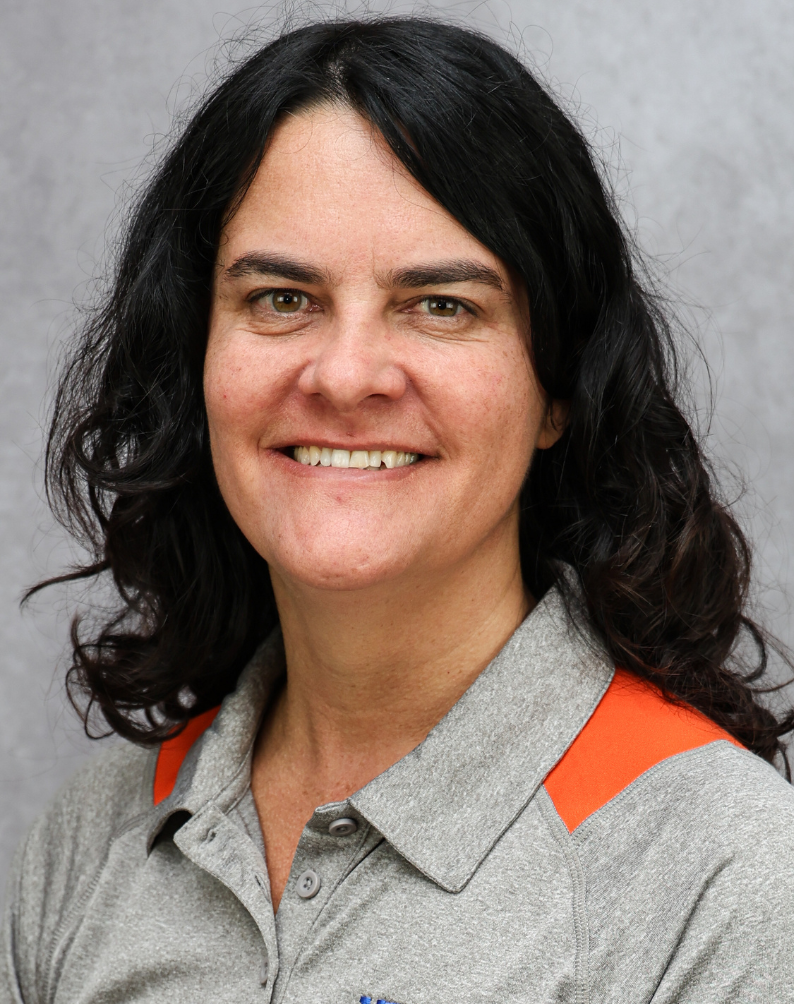Flavia Dos Santos

Bio
Flávia Cristina dos Santos began working as an Agronomist at Federal University of Viçosa in 2000. She received her Master’s degree in 2002 and Ph.D. in Soil and Plant Nutrition in 2006. On May 1st, 2024, she transitioned to her position as a postdoctoral associate at the University of Florida.
Flávia joined Embrapa in 2002 (Embrapa Cerrados), working in Tocantins on a Rural Development Project in partnership with the State of Tocantins and Jica (Japan International Cooperation Agency). She acted as substitute coordinator of the UEP-TO (Tocantins Research Execution Unit, part of Embrapa Cerrados) as well.
From 2006 to 2009, Flávia coordinated a research project in the West of Bahia in partnership with the Bahia Foundation and Fundeagro, focusing on soil fertility for cotton crops, but also involving production systems with corn and soybean crops.
In 2008, Flávia started working at Embrapa Maize and Sorghum, where she is still based, developing various projects, with an emphasis on the development of bioproducts. In this line of research, together with the Microbiology team at Embrapa Maize and Sorghum, coordinated by Dr. Christiane, the first inoculant with phosphorus-solubilizing microorganisms (MSP) was launched in 2019, with the aim of increasing the efficiency of phosphate fertilization: SolubPhos®. This inoculant is now a success, having already been registered for corn, soybean, and sugar cane crops, but there are already tests with several other crops, and it already occupies around 10 million planted hectares. This inoculant is made up of two bacteria from the Bacillus genus, Bacillus megaterium and Bacillus subtilis.
SolubPhos® is a product that contains Embrapa technology and was developed in partnership with the company Simbiose. Its use can result in lower doses of fertilizer and, consequently, less energy spent on production and transport, with lower greenhouse gas and CO2 emissions. In addition, increasing crop productivity reduces the pressure on new areas, increases the sustainability of current production systems, and reduces external dependence on this input.
In addition to biological research, Flávia is currently coordinating the Trijunção Project: Agricultural intensification aimed at sustainable use of sandy soils, managing an experimental area on the Trijunção Farm, in the west of Bahia, where research is being carried out involving production systems with various crops, with a focus on integrated systems and low carbon agriculture, with the Low Carbon Meat and Carbon Neutral Meat protocols. With this project, she was able to articulate and approve an International Research Project, in partnership with European Community countries (Sense Project), involving studies on integrated systems and circularity.
Flávia has 20 years of experience in research and team management, working in the area of Soil Fertility at Embrapa, with extensive experience in greenhouse and field experimentation on farms.
Flávia received the Award for best student in her Agronomy Bachelor’s Degree and also as part of the team in outstanding projects at Embrapa.
She believes that being part of the STEPS team will enable her to contribute and improve her knowledge.
